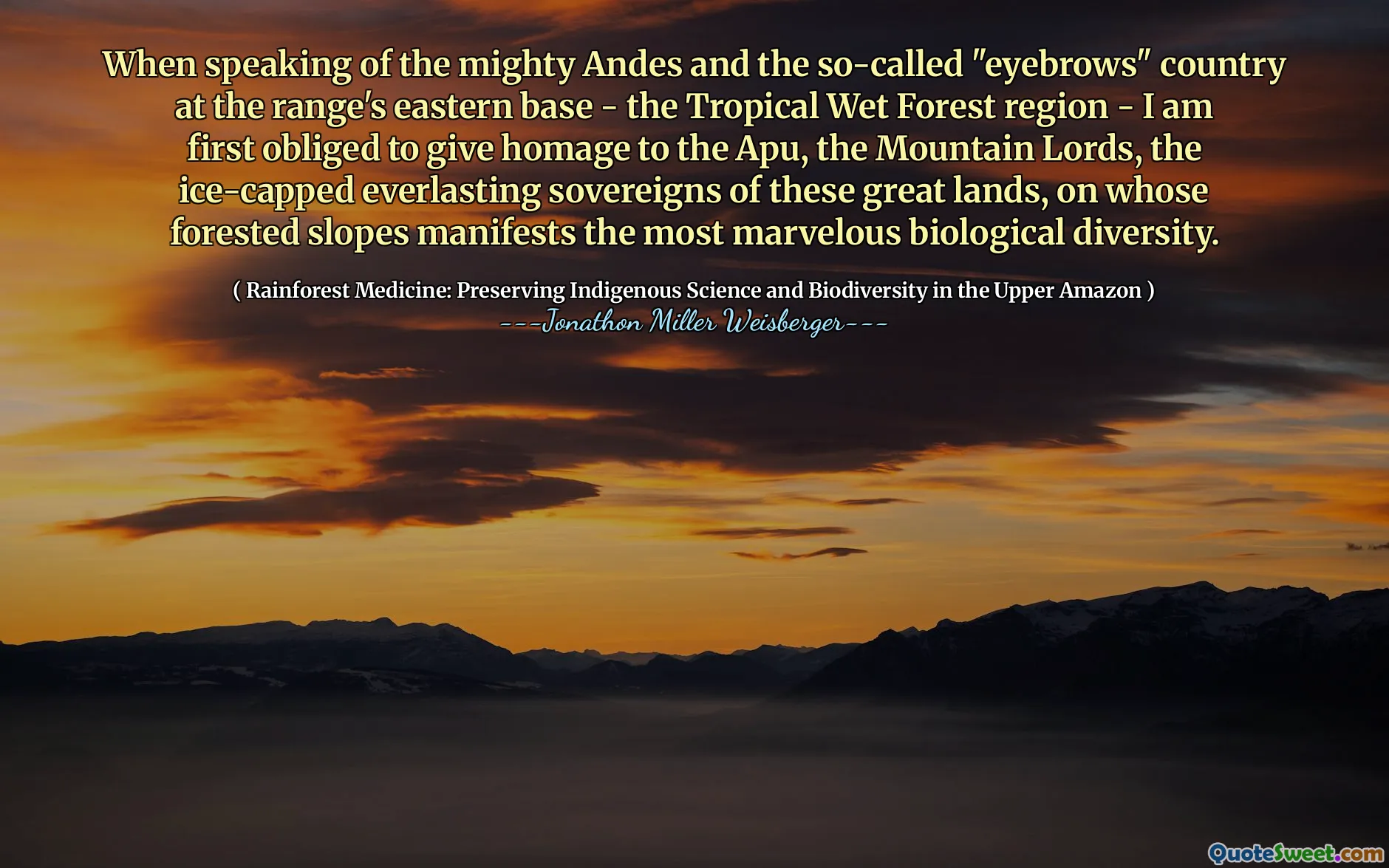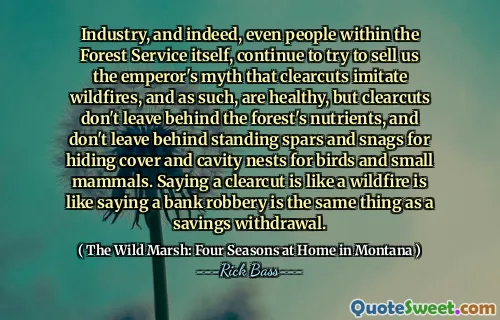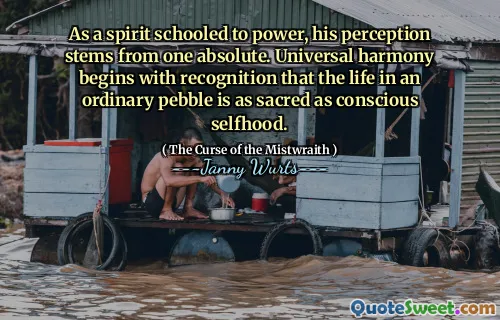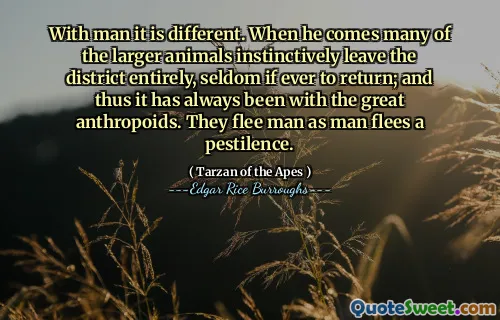
When speaking of the mighty Andes and the so-called "eyebrows" country at the range's eastern base - the Tropical Wet Forest region - I am first obliged to give homage to the Apu, the Mountain Lords, the ice-capped everlasting sovereigns of these great lands, on whose forested slopes manifests the most marvelous biological diversity.
The excerpt vividly highlights the majesty and spiritual significance of the Andes and the surrounding tropical wet forests. It reflects an understanding that these landscapes are not merely physical geographic features but hold profound cultural and ecological importance. The mention of the Apu, or Mountain Lords, embodies the indigenous reverence for mountains as divine beings or ancestral spirits that command respect and veneration. This perspective underscores the deep spiritual connection indigenous communities often have with their environment, viewing natural features as living entities with sovereignty and significance.
Furthermore, the emphasis on the biological diversity found in these forested slopes draws attention to the richness of life ecosystems in this region. These forests are among the most biodiverse in the world, serving as vital reservoirs of global biodiversity and offering crucial ecological services. Recognizing this incredible variation of species fosters an appreciation for the importance of conservation efforts and indigenous knowledge in preserving such landscapes.
The quote exemplifies how landscapes like the Andes are woven into the cultural identity and spiritual practices of local communities. It reminds us of the necessity to respect and protect these environments, not only for their biodiversity but also for their cultural and spiritual significance. By paying homage to the Mountain Lords and acknowledging the marvels of biodiversity, the quote encourages a holistic view of nature that integrates ecological preservation with cultural reverence, vital for sustainable coexistence.
( Rainforest Medicine: Preserving Indigenous Science and Biodiversity in the Upper Amazon ) - Jonathon Miller Weisberger





